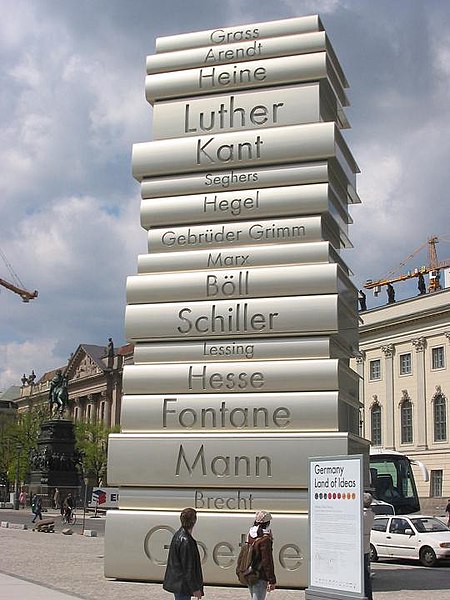Processing What You Read

I'm actually shocked lately at how much I love reading.
I have always really, really liked reading, but in the last two years
there's been a major leap in how much I get out of it. In this essay
I'm going to explain what's going on, and all the things that are in
place to make reading so rewarding to me.
I'm a scientist, and more generally I'm a scholar. This means that
ultimately what I produce are pieces of literature-- papers, books,
etc., that try to make sense of our world. About a year ago something
clicked in me and I figured out all of the major things I was
interested in. Those things are:
- A general theory of the human mind
- Visual and spatial human reasoning
- Creativity
- Atheism
- Psychology of art, religion, urban legends, conspiracy
theories, etc. - Futurism
- How to be a productive scientist
What's been so freeing for me about having this list is that when I
read something interesting, I reflect on why I found it
interesting. It turns out that most of the time, when I find something
interesting it is relevant to one of these topics. Specifically, that
something that I read and found interesting is something that I would
like to cite someday were I ever to write a book on that topic.
What happens is I mark the interesting passage with a pen, and then
put one of those plastic flags in the book or magazine so that I can
find it again. When I'm done with the book or magazine, I bring it to
work. I go through all the flags, and update my "lit review" files.
For each of the above topics I have a text file in a Google documents folder
called "lit-reviews." I make a notation in the appropriate lit review
file. So when I want to write my book on the topic, I have a complete
list of everything I want to cite on that topic.
Not only that, for a few of these topics, I actually have started
writing these books, and I try to incorporate the interesting part
into the book as I go.
The result is a great, great feeling of productivity and purpose. I
feel that when I read something, I don't have to worry about
forgetting what's in the book-- the important parts are already
noted. I feel that reading the book has gotten me closer to achieving
what I ultimately want to achieve as a scholar.
I also feel confident that I can find things again, even years
later. I hate saying "I read somewhere..." I want to know where I read
it. Because I'm taking notes on things in a single folder, I can
easily search this folder to find what I want. It's only failed me a
couple of times, presumably because I used different words when
searching than I used when notating.
I don't know how well these strategies will help other scholars, but I
think it's good to think about strategy once in a while. Are you
making the most of your reading?
Ironically, the part of science I dislike the most is probably reading
other people's scientific papers. I force myself to do that every day
at work, but at home I read books, about cognitive science and other
things (usually other popular science books) and a few magazines:
- Psychology Today
- Wired
- Discover
- The New Yorker
- The Economist
I sometimes worry that citing popular magazines in a scientific book
is not kosher. It's certainly not kosher in a journal article. Anyway,
often the article is reporting on someone's scientific work, so I use
the article as a jumping-off point for finding published scientific
articles to cite.
It's very satisfying to put a book on my shelf, full of flags sticking
out, knowing that the book is read, understood, and in the pipeline
for incorporation into a future book. Perhaps the best way to
describe how I feel is that I feel more engaged with what I'm
reading. I feel very clearly the reason I'm doing it at all. When I
consider placing a flag, I force myself to think about what the
meaning is of what I'm reading, and how it relates to my theories. I
feel that if you're not doing something with what you're reading,
you're just entertaining yourself.
Sure, it takes longer to do it this way. But if you're not going to
process it and do something with it, what's the point of reading?
Pictured is a sculpture that is part of the "Walk of Ideas" in Berlin.

Comments